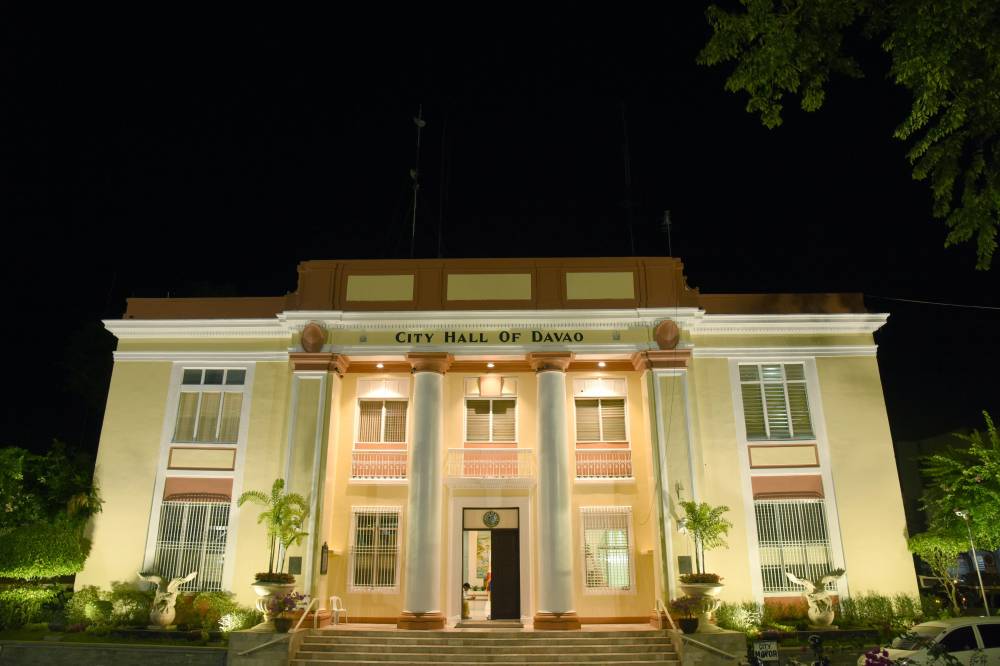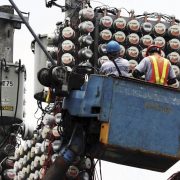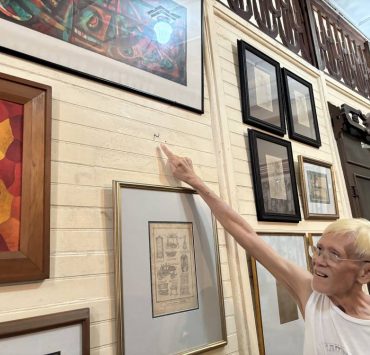Davao region can be country’s ‘gateway to the stars,’ says scientist

DAVAO CITY—Davao region’s proximity to the equator and it being located in the eastern part of the country makes it an ideal location to launch rockets in the future, a Filipino astrophysicist said.
Aside from its potential as an aerospace innovation hub, the region also has a potential for aerospace tourism, where tourists can come not only to enjoy the beaches but also to look at the stars, said Rogel Mari Sese, chair of the aerospace engineering department of Ateneo de Davao University (AdDU) here.
“If you look at our night sky, we still have a very good night sky here in the Davao region, where you can really see not just the constellations but even the Milky Way,” said Sese in a media forum here on July 3.
Sese, also the former head of the National Space Development Program (NSDP) that helped craft the Philippine Space Agency (PSA), added: “So, if you can have something like, let’s say an observatory, an astronomical observatory that is open to the public and a planetarium as well, that’s something for [public] appreciation but at the same time, educational.”
“[Viewing the stars] is still part of nature [tourism] but it will be a whole new offering, the Davao region as the Philippine gateway to the stars,” said Sese.
Star viewing in other urban areas like Metro Manila and Cebu and even in other countries has already been hampered by “light pollution,” he added, noting that even in the country’s existing planetarium located at the heart of Quezon City, “only the brightest stars are visible.”
“Here [in Davao region], we are in a much better position, especially if you go out of Davao City,” he said.
Not far-fetched
He said aerospace tourism may still sound far-fetched to some people but it could be possible, especially if it would be a private sector-led initiative with support from the academe, the industries and the government.
AdDU’s rocketry team, who just came home from the successful launch of their rocket “Sibol” during the Spaceport America Cup in New Mexico, United States, only proved that “we are capable,” Sese added.
He said they hoped to get more sponsors for the competition next year so that they could develop a better prototype for the more advanced category.
Sese said they had earlier identified the Davao region for its potential as an aerospace innovation hub because of its location.
“For me, when we talk of rocket development, especially rockets that go to outer space, these are launched towards the east so everything in the eastern part should be as clean as possible; and we want it to be closer to the equator because that will give us the biggest boost [for the launch],” he said. “So, when you look at the geography of the Philippines, where can you find the east that is closer to the equator? Where else but in the Davao region.”
Human resources
When the NSDP was planning for the national road map for space development, Sese said they identified the launch facility as one of the key elements that they wanted to push for in the Philippines. The NSDP is a government program under the Department of Science and Technology tasked to craft a policy for the country’s space program.
“When we looked out where the best area was, it would be the Davao region, so in order to have that kind of facility in the future, we also need, not just the infrastructure but also the human resources, the technical people capable of manning and running such kind of facility,” Sese said.
He said that was how the AdDU’s aerospace engineering program was hatched.
Since 2018, when they started the program, AdDU has already produced 50 graduates, most of them already working in industries while others pursued further studies abroad.
He said the PSA, which has its head office in Metro Manila, maintains a Davao station with receiving antenna for satellites, and the two persons manning it were graduates from the AdDU aerospace program.

















